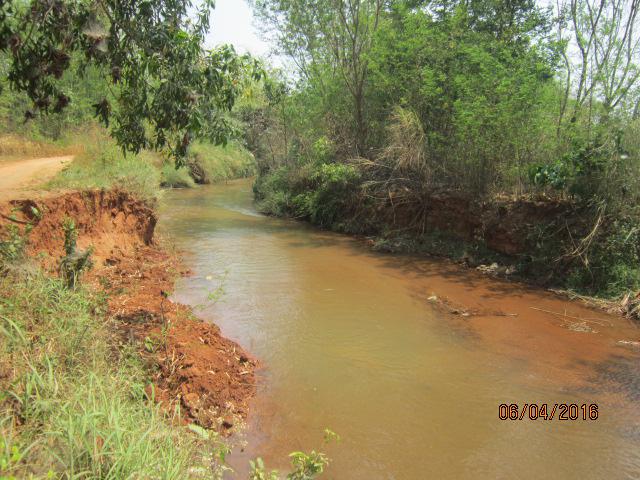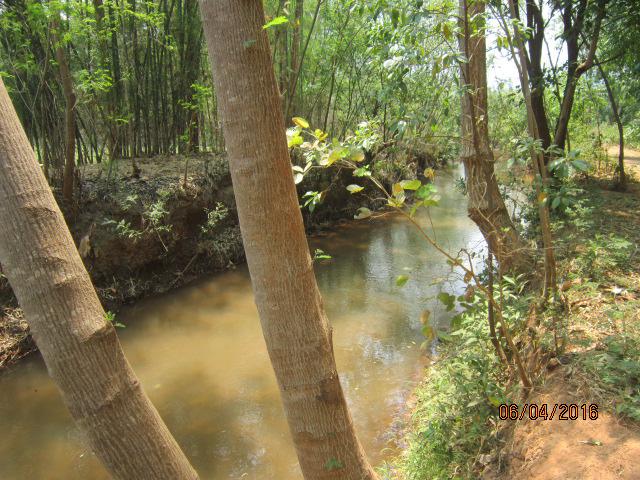Nay Zaw Hlaing
Other projects
RCI project aim is to address riparian conservation through riparian education, agroforestry system and riparian buffer restoration through community participation.

Inle lake is Myanmar’s first “Man and Biosphere Reserve” under UNESCO. It has unique wetland landscape, unique animal and plant community, and has unique genetic resources. However, Inle riparian buffers are now under human pressure and wildlife are seriously threatened. Many reforestation projects have been conducting since many years but there was no study about riparian for biodiversity conservation.

Riparian Conservation Inle (RCI) is a pilot project to conserve riparian forests conservation for ecosystem sustainability through community involvements in Inle Lake, Myanmar. Inle Lake is one of the world’s most renowned zones of biodiversity. Inle riparian buffers also play a significant role in improving water quality by filtering sediment, nutrients, pesticides and enhancing aquatic and wildlife habitats. Unfortunately, this valuable habitat has been degraded and disturbed by the indigenous communities. The socio-economic of local communities is generally based on traditional agriculture (Taung Ya), fisheries and their household energy is dependent mainly on forest resources. Riparian degradation is primarily due to continued use of forest resources without artificial regeneration and agricultural expansion without conservation measures along the riparian zone. Although, riparian systems are important parts of watersheds and renewable natural resources, they are mostly neglected to be conserved due to misunderstanding on natural environment. Therefore, riparian deforestation is seriously threatening the wildlife habitats and ecosystem sustainability.
We, RCI team will conduct three key activities namely; riparian conservation education, demonstration of agroforestry systems as an alternative to traditional agriculture and riparian buffer restoration with community participation will be carried out in RCI project. These will be done quarterly: a quarter will last for four months with one year project period. And the activities will be adjusted according to weather conditions. Riparian conservation education activity will include data collection, workshops, classes, field trip, tree nursery, training to local team and special lecture. Agroforestry system activity will include filed inspection and site visits, community meetings, and demonstration of agroforestry farms. Riparian restoration activity will also include field inspections at degraded riparians, community meetings, and riparian restoration with native species. Tree care day activities, final presentation at Inn Tane and Paung Pine villages and hand over of tree nursery to local beneficiaries will be done at the end of project period.